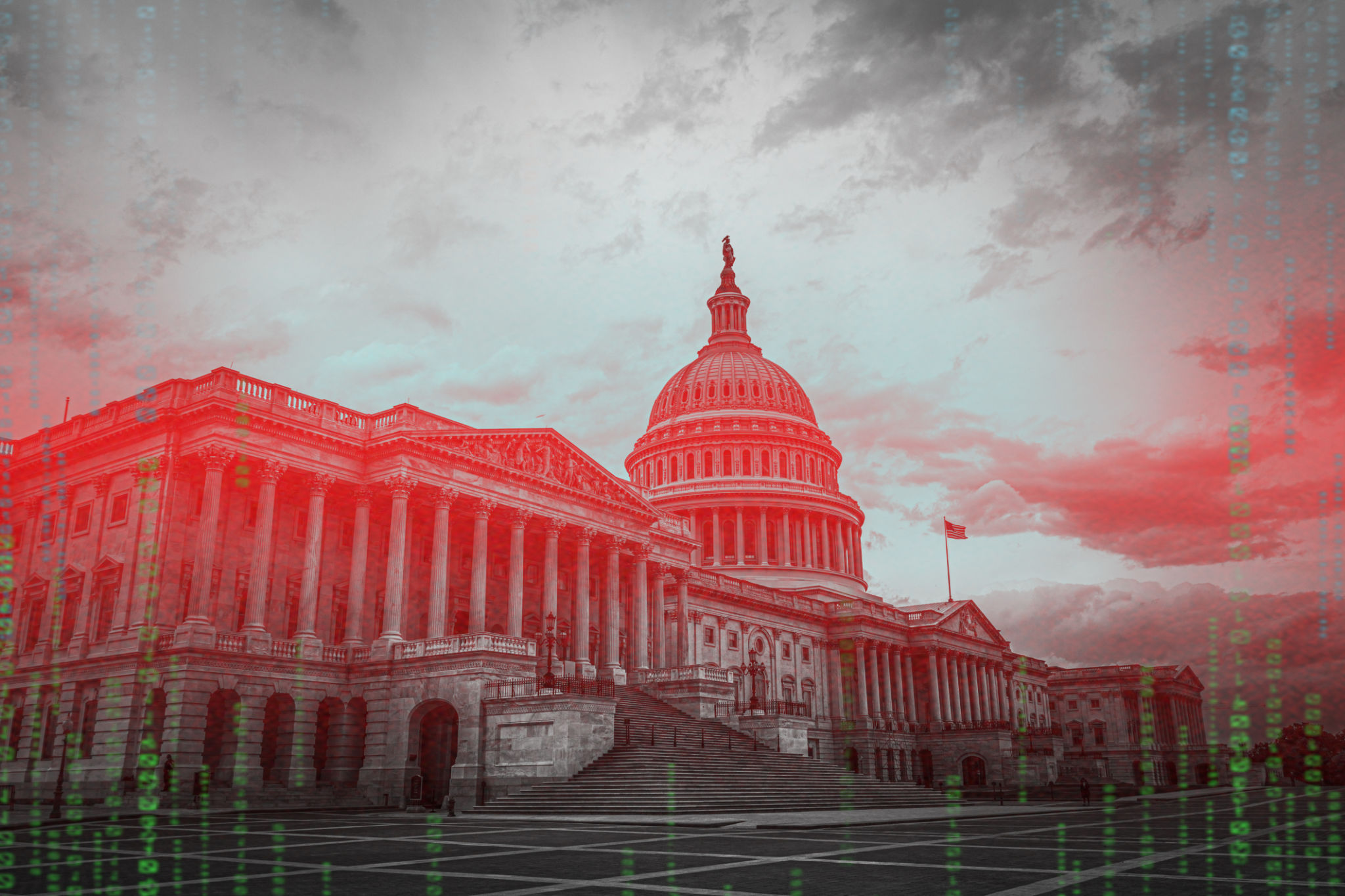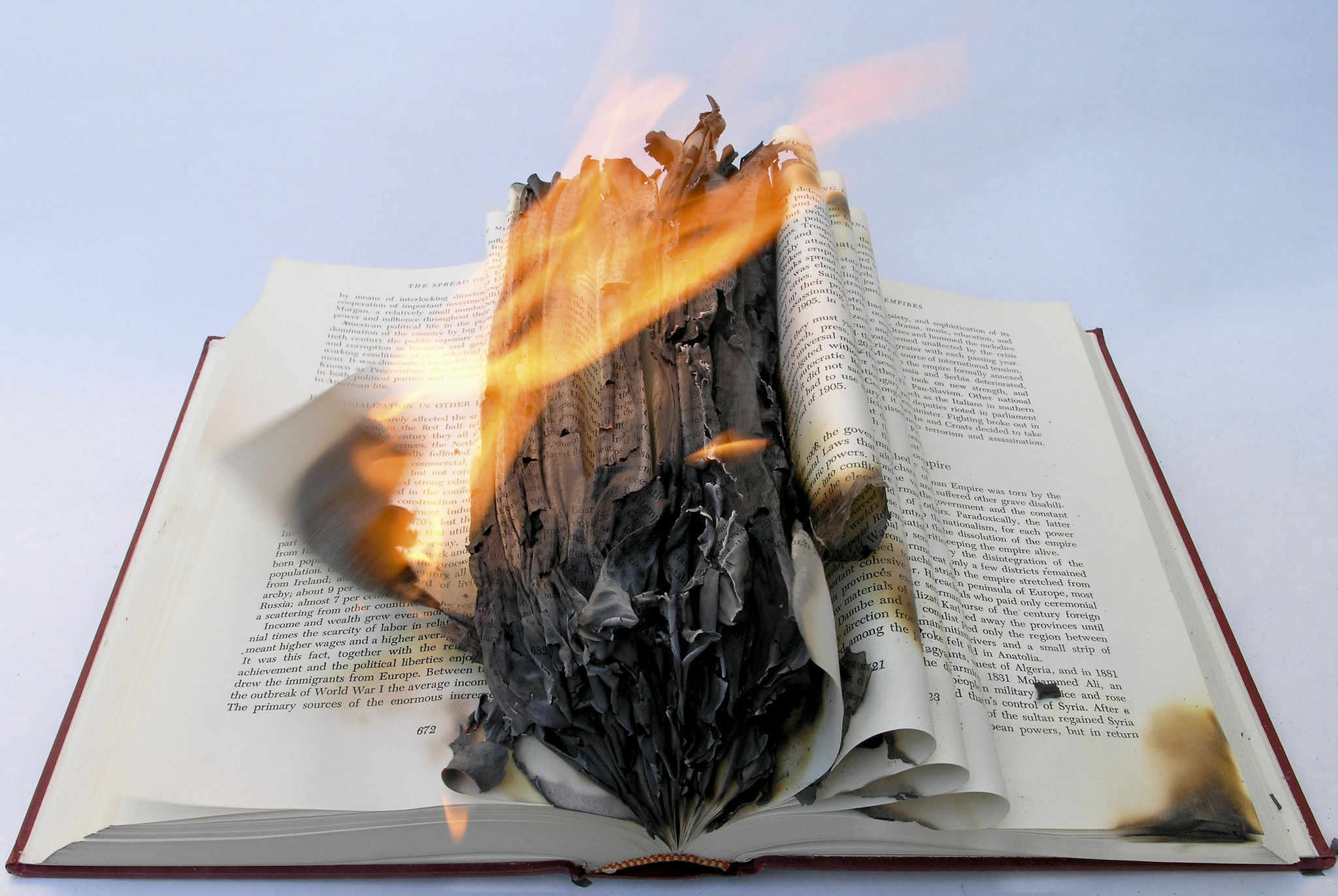5 Must-Read Dystopian Novels That Explore Secret Government Agencies
Unveiling the Dark Corners: Dystopian Worlds of Secret Government Agencies
In the realm of dystopian literature, the presence of secret government agencies often adds a layer of intrigue and tension. These narratives explore the shadows of power, control, and surveillance, often reflecting societal fears and anxieties. If you're a fan of gripping tales that delve into these themes, here are five must-read dystopian novels that will captivate and challenge your perceptions.

1. "1984" by George Orwell
No list of dystopian literature is complete without George Orwell's "1984." This classic novel introduces us to the omnipresent Big Brother and the Thought Police, who keep a watchful eye over every citizen. Orwell's depiction of government surveillance and control is both chilling and prophetic, resonating with readers even decades after its publication. The novel serves as a stark warning about the dangers of unchecked power and the loss of individual freedoms.
2. "The Handmaid's Tale" by Margaret Atwood
Margaret Atwood's "The Handmaid's Tale" presents a dystopian future where a totalitarian regime has taken control, using secret agencies to enforce its draconian laws. The story follows Offred, a woman forced into servitude as a handmaid, whose every move is monitored. Atwood's narrative is a powerful exploration of gender oppression and the resilience of the human spirit in the face of authoritarian rule.

3. "Brave New World" by Aldous Huxley
Aldous Huxley's "Brave New World" presents a society where government agencies manipulate citizens through technology and conditioning. In this dystopia, individuals are kept in line by a combination of pleasure-inducing drugs and a rigid caste system. Huxley's vision raises important questions about the cost of stability and the sacrifice of individuality for societal harmony.
4. "Fahrenheit 451" by Ray Bradbury
Ray Bradbury's "Fahrenheit 451" explores a future where firemen burn books to suppress intellectual freedom. The government employs secretive forces to maintain conformity and control information. Through the protagonist, Guy Montag, Bradbury crafts a narrative that challenges readers to consider the importance of knowledge and the impact of censorship on society.

5. "The Man in the High Castle" by Philip K. Dick
In Philip K. Dick's "The Man in the High Castle," readers are transported to an alternate history where Axis powers won World War II. The novel explores themes of political intrigue and espionage within a world dominated by fascist regimes. Secret agencies work behind the scenes, manipulating events to maintain power. Dick's work is a thought-provoking exploration of reality, perception, and resistance.
Each of these novels offers a unique perspective on the role of secret government agencies in dystopian settings. They challenge us to reflect on our own world and consider the implications of power, surveillance, and control. Whether you're new to dystopian fiction or a seasoned reader, these books promise an engaging and thought-provoking experience.